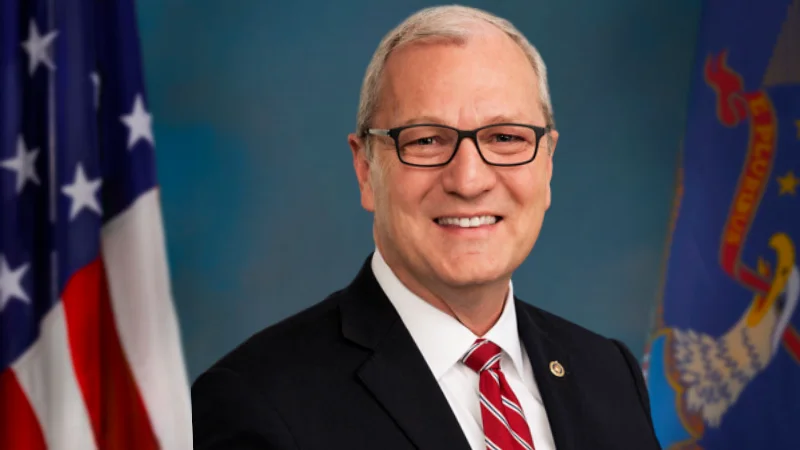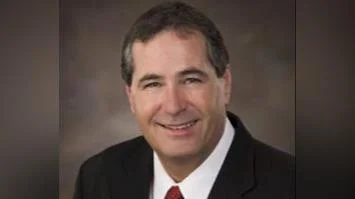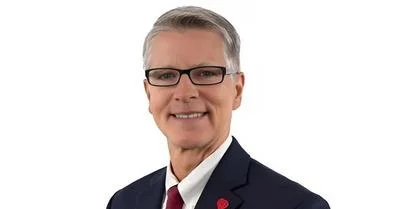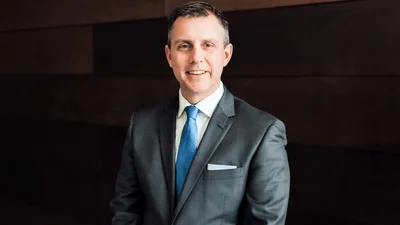Senator Kevin Cramer, US Senator for North Dakota | Senator Kevin Cramer Official website
Senator Kevin Cramer, US Senator for North Dakota | Senator Kevin Cramer Official website
The Senate Environment and Public Works Committee convened to discuss carbon capture, utilization, and sequestration (CCUS) technologies. U.S. Senator Kevin Cramer of North Dakota introduced the first witness, Kevin Connors, from the Energy and Environmental Research Center in Grand Forks.
Cramer praised North Dakota's leadership in CCUS, attributing it to the contributions of the Energy and Environmental Research Center. He noted that Connors has been a valuable resource for understanding carbon capture technologies.
Connors explained that North Dakota's approach to CO2 storage is similar to its regulation of oil and gas, emphasizing the state's early recognition of its agricultural and energy industries as economic pillars. "North Dakota took the approach of developing a resource management framework," he said. This allowed landowners to monetize their resources through unitization projects approved by state regulatory authorities.
Cramer questioned Connors about Class VI wells and aquifer exemptions. The EPA regulates these wells under the Safe Drinking Water Act but does not allow new aquifer exemptions for Class VI injection despite other discharges being permitted in those aquifers.
Connors described this as a complex challenge due to current regulations. "When EPA published the Class VI rule in 2010, they excluded aquifer exemptions as not allowed for Class VI injection," he stated. Connors suggested Congress could direct the EPA to amend its rules or challenge its authority on these matters.
The hearing also touched on enhanced oil recovery using CO2, which was highlighted as producing low-carbon intensive barrels of oil amidst stagnant demand.
Cramer concluded by emphasizing North Dakota's production of net-negative oil through enhanced recovery methods.






 Alerts Sign-up
Alerts Sign-up